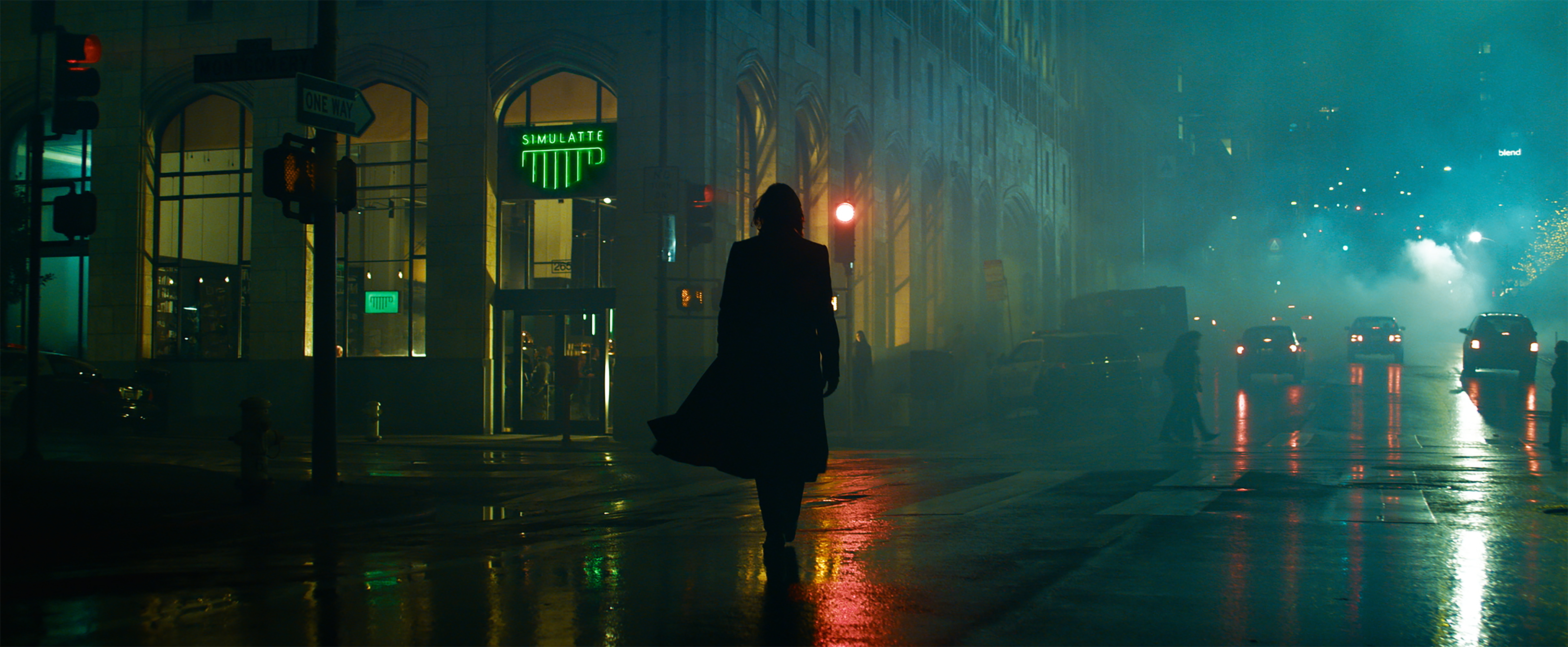How frustrating it must be to live in a world where, despite constant and ample evidence, no one seems concerned with stopping an all-but-certain devastating event that could wipe out all of humanity. But enough about that, let’s talk about the film. Because the essential thing to remember when watching any film is this: just because a film has a good message or good morals doesn’t immediately mean the film itself is good or is saved from criticism.
Because like his last work “Vice,” Adam McKay’s (“The Big Short,” “Anchorman”) latest satirical comedy/drama may have its heart in the right place but is also rife with plenty of flaws. It’s not a complete disaster, and there are plenty of things to admire and like about it. But how much of that good outweighs the bad?
Starring Leonardo DiCaprio (“The Wolf of Wall Street,” “Gangs of New York”) and Jennifer Lawrence (“The Hunger Games,” “Silver Linings Playbook”), the film follows two scientists, Dr. Randall Mindy and Kate Dibiasky, as they try to tell the world of a comet that will soon hit the Earth and wipe out all life. However, most of the populace, from the President, played by Meryl Streep (“The Devil Wears Prada,” “Mamma Mia!”), to the average Joe, either doesn’t believe them or doesn’t care.
As a tragedy, the film is quite strong. McKay and co-writer David Sirota have a great grasp on getting you to feel for the main cast of characters. Lawrence is a wonderful mixture of hopeful but still depressed millennial angst, and DiCaprio delivers a great performance as a man who’s morals and views are twisted a thousand ways in such a short time. Rob Morgan (“Daredevil (2015),” “The Last Black Man in San Francisco”) is also great as Dr. Teddy Oglethorpe, the head of the Planetary Defense Coordination Office who decides to help them get the message out.
The three of them are playing it all as straight as they can, yet the supporting cast is all over the place. Jonah Hill (“SuperBad,” “Moneyball”) as the President’s son and chief of staff is incredibly annoying. Yes, his character is meant to be, but an annoying character should annoy the other people in the film without annoying the audience. Mark Rylance (“Ready Player One,” “Bridge of Spies”) is too subdued as a socially awkward tech billionaire and Cate Blanchett (“The Curious Case of Benjamin Button,” “Thor: Ragnarok”) and Tyler Perry (“Gone Girl,” “Diary of a Mad Black Woman”) as a pair of morning talk show hosts seem like they’re giving it just as much effort as they would an SNL skit.
Apart from the main three, the only actors who seem to be playing things half seriously are Melanie Lynskey (“Two and a Half Men,” “The Perks of Being a Wallflower”) as June, Dr. Mindy’s wife, Timothée Chalamet (“Little Women (2019),” “Lady Bird”) as Yule, a young punk who befriends Kate, and Streep sometimes. Her performance is the most baffling, as she brings the same level of wide-eyed overacting that she’d previously reserved for projects like “Mamma Mia!” Lynskey and Chalamet are the heart of the film, both managing to give tear jerking moments surrounded by the chaos in the calmest ways possible.
So, the performances are a mixed bag, but what about the rest of the film. What is it trying to say, what’s the point of it all? Well, that’s the thing. For a film that's supposed to be a warning about Climate Change (an allegory that doesn’t really work that well itself), it only really seems to come to the conclusion that “we’re all screwed, so what’s the point?” It’s so heavy handed with its visual and storytelling metaphors that it becomes exhausting by the end.
That’s not helped by a laundry list of tired cliches that McKay trots out to tell the story for him. The tech billionaire is a soft spoken socially awkward genius, the President is a loud egotist with a penchant for riling up middle America and wearing red hats, the news is too obsessed with clicks or being overly cheery to say anything of meaning. Are these all painfully real? Yes, maybe, but you can be blunt without being obvious or lacking nuance.
And by the time the film’s end comes, spoiler alert, everyone dies. The mission fails, no one listens to the scientists, and everyone dies. A film with a message, a point, a moral, should also seek to entertain in some way, and as “Don’t Look Up” approaches its ending, it sacrifices what little nuance it had for moments of karmic retribution and CGI destruction. It ends with the same level of intelligence as a Roland Emmerich disaster film despite dressing itself up like it's something better.
Adam McKay delivers yet another work of patronizing political satire that fails to both be funny enough to be a comedy or serious enough to impart its message. The film, at its core, isn’t going to change any minds because it's not good enough to change the minds of those who are ignoring the climate crisis and doesn’t provide enough lightness or new ideas for those who are already terrified. Even if McKay has ditched his typical visual calling cards that over-explain what’s happening on screen, the sheen of self-importance and patronizing hasn’t left. At one point, it almost makes you angry that McKay spent his time making a movie with millionaire actors telling us all how we’re doomed instead of taking his own money and maybe doing something more productive?
But that’s getting too far into semantics. We can argue about the point of a film like this for years, but at its core, we’re arguing about how effective it is rather than at the actual problem it's trying to draw attention to. It’s just not good enough to remove itself from criticism. It’s point might be noble, but that doesn’t mean it's automatically good. At least the musical score from Nicholas Britell (“The Big Short,” “Succession”) is supremely excellent though.
Some good music and performances can’t bring up a film that feels so blunt and self-important to elicit any feeling other than exhaustion and grief. The smaller moments, like the family dinner scene, are incredibly emotionally effective, but there simply isn’t enough of that. Everything good about the film gets crushed under the heavy handed tone of it all, leaving you feeling nothing but exhaustion. The best films, even the ones that you can’t bring yourself to watch more than once, should leave you with a sense that your time wasn’t wasted. All “Don’t Look Up” does is pat you on the back and go “well, what’s the point?” 2/5



.png)

















